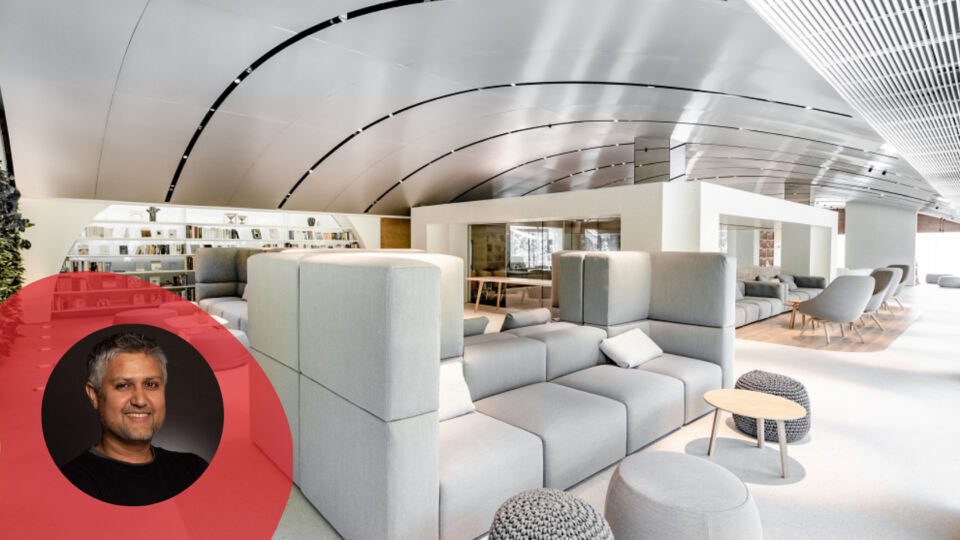Owning an electric vehicle (EV) is a matter of lifestyle, a smarter kind of lifestyle, more so than just simply owning a vehicle; therefore, the user experience should be at a premium level, as well as high-tech from the beginning. Understanding the buyer, their needs and why a consumer would choose owning an EV over a regular vehicle is the first step to engaging the customer. Consumer interest in EVs centers on the perception of lower fuel costs, environmental consciousness, and a better driving experience.
Car manufacturers such as Audi, Cadillac, Mercedes, Lexus, BMW, Hyundai’s luxury sub-brand Genesis and NIO are already taking the steps to engage their current customers and attract potential new ones by creating “brand experience centers,” which are immersive experiences beyond the showroom. Some examples of these experiences include “pop-up” locations that consist of the showroom along with theaters, galleries, teahouses, cafés and even fully operational restaurants.
NIO, for example, provides an atmosphere beyond the regular showroom or temporary experience center with their NIO House as a “user enterprise.” Making the user experience more immersive and pleasurable is a top priority. They provide community spaces where visitors, from current NIO car owners to community members, can relax, recharge and share. The byproduct, of course, is hoping that the consumer connects and experiences the cars while in a NIO House.
A recently published automotive study by Deloitte states that most consumers would still prefer an in-person experience to purchase their next vehicle over going through a virtual process. The main idea of these experience centers is to set themselves apart from the traditional car dealership experience, by making a space where current and potential customers can feel at home and are able to connect with the brand while still giving the potential buyer a place where they can actually touch the vehicle and enjoy an environment that is all about comfort. That is why these experience spaces sometimes include cafés with signature drinks, libraries, conference rooms, lounges and even childcare services.
NIO has made sure to focus on the internal and external design for their showrooms to offer their customers and first-time visitors a high-end shopping experience. The NIO House at West Lake waterfront in Hangzhou, China has even won an award for its overall design. The recently built NIO House in Oslo, Norway was designed and made with many sustainable sources and is located at Oslo’s center of commerce and culture, the largest user center in Norway.
Many car manufacturers have also spent more time enhancing the retail experience by making it “smarter.” One way is the development of apps that make the mobile experience even better for current and potential car owners. Understanding its customers is imperative for NIO, which is why the company developed a unique app which owners can use to schedule test drives, customize and purchase a vehicle, chat online with other users and employees about their experiences, request service or services, request power replenishment services or even purchase branded services merchandise.
With the inclusion of apps, customers can conveniently connect it to their vehicle for one-step services while staying connected with news shared by fellow drivers and even employees and executives. It can be a social platform for users (both potential and actual customers) to communicate.
There is a transition where cars are no longer merely “transportation” but empower a smarter lifestyle. An intelligent retail experience allows users to engage with others, enjoy their purchases, find insights, explore activities and share moments.
Saurabh Bhatnagar is the NIO U.S. VP of Corporate Development. At NIO, he leads development, strategic planning and new market entry initiatives. Bhatnagar has over 15 years of experience launching and managing product portfolios, developing and scaling strategic partnerships, and crafting and executing M&A strategy. Before NIO, Bhatnagar worked at Fortinet, Websense, BeyondTrust and Hewlett-Packard. He holds an MBA from Carnegie Mellon University and a B.S. in Electrical Engineering from the National Institute of Technology Warangal.








